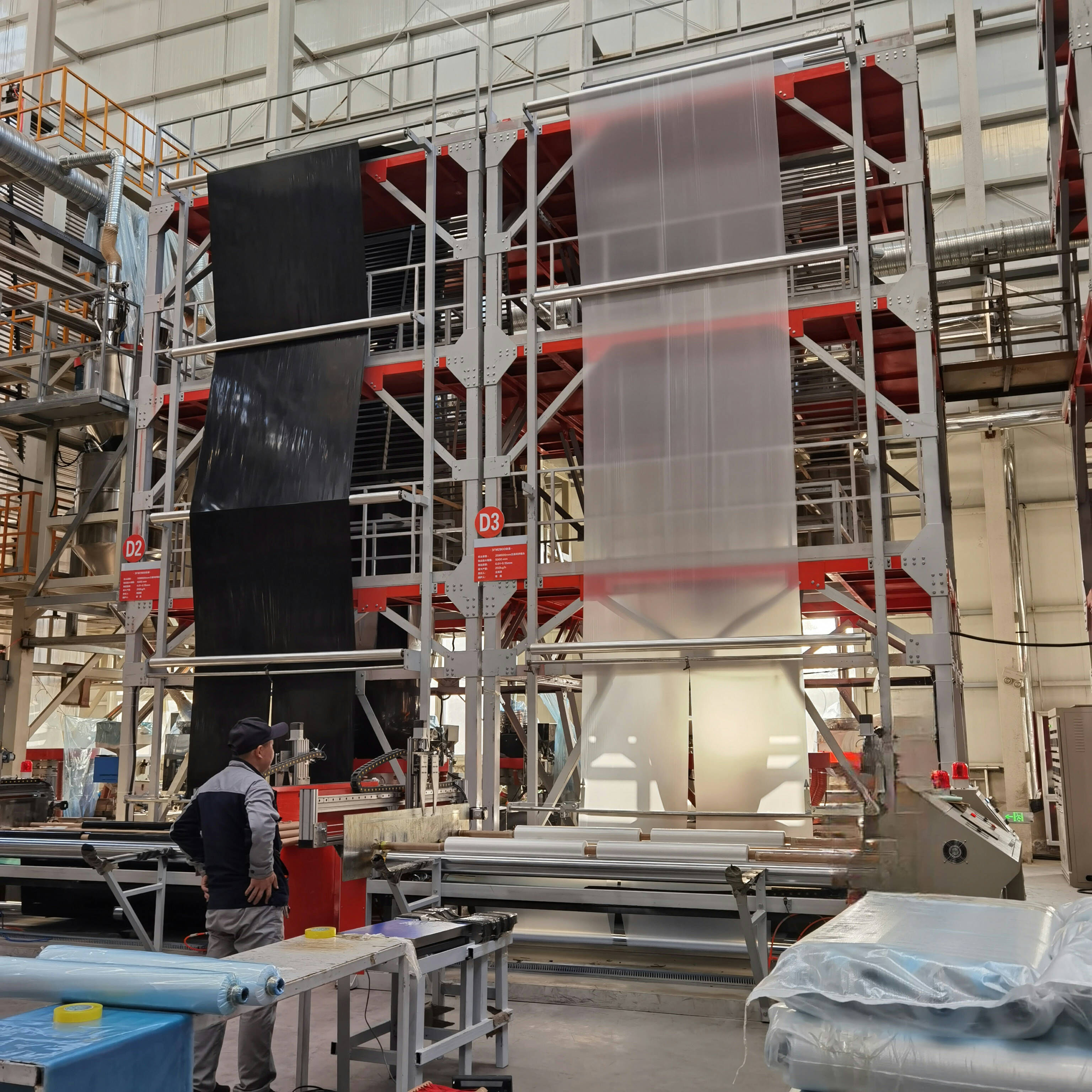režiser u filmskoj industriji
Režiser u filmskoj industriji služi kao kreativni i tehnički voditelj odgovoran za prevođenje scenarija u vizualni priča. Ova višestruka uloga uključuje nadzor nad svakim umjetničkim aspektom filmske produkcije, od planiranja u pre-proizvodnji do završetka u post-proizvodnji. Režiseri rade uzatijek s kinematograferima kako bi uspostavili vizualni stil, surađuju s glumcima kako bi postigli željene performanse, i koordiniraju se s šefovima različitih odjela kako bi osigurali sistentnu priču. Oni koriste napredne tehnologije filmskog poslovanja, uključujući digitalne kamere, sustave za praćenje pokreta i uređivački softver, kako bi ostvarili svoj kreativni vidik. Savremeni režiseri moraju se također prilagoditi novim tehnologijama poput virtualne proizvodnje i LED zidova. Njihove odgovornosti uključuju kompoziciju snimaka, blokiranje scena, smjeranje glumskih performansi i donošenje ključnih odluka o ritmu, tonu i strukturi priče. Suradnjuju s producentima kako bi upravljali budžetima i rasporedima dok istovremeno održavaju umjetničku integritet. Savremeni režseri često koriste alate za previzualizaciju za složene sekvence i surađuju s nadzornicima vizualnih efekata za integraciju CGI-a. Njihova tehnička stručnost proširuje se na razumijevanje bojanja boja, dizajna zvuka i različitih procesa post-proizvodnje koji poboljšavaju konačni produkt. Uloga zahtijeva izuzetne vještine komunikacije kako bi učinkovito prenijeli kreativni vidik velikim timovima proizvodnje dok održavaju momentum projekta i umjetničku koherenciju.


